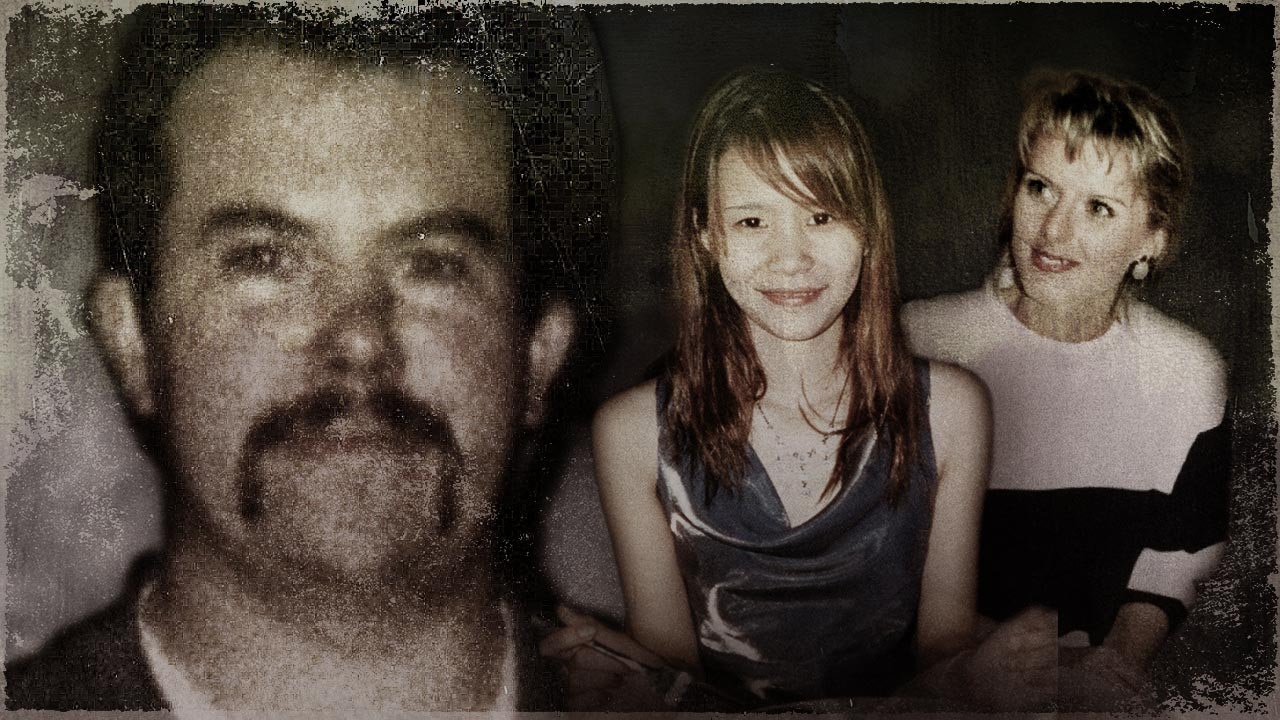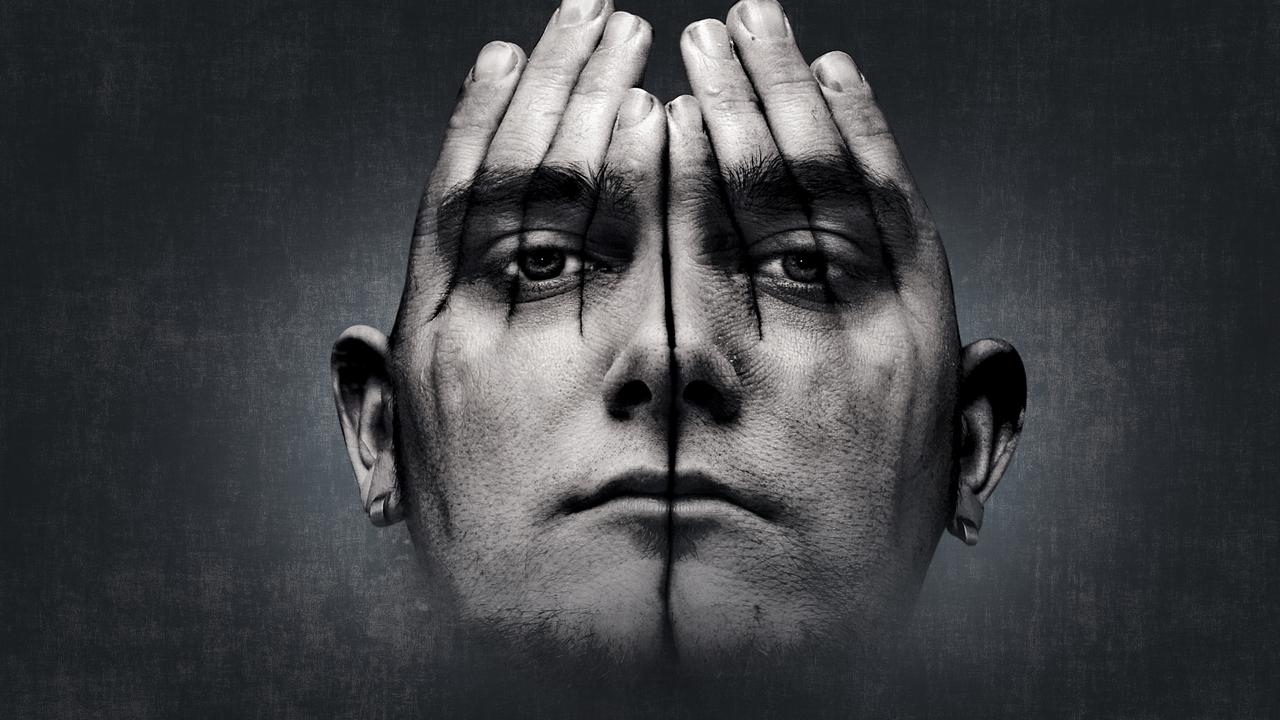Twisted Minds podcast: How I saw through ‘Celebrity’ fraudster Dimitri de Angelis
Aussie conman Dimitri de Angelis fooled many with his so-called celebrity “friends”. But he couldn’t fool the forensic expert who exposed his dark side.
Twisted Minds
Don't miss out on the headlines from Twisted Minds. Followed categories will be added to My News.
Before there was conwoman Melissa Caddick there was serial scam-artist Dimitri de Angelis – and just like the late conwoman, de Angelis thought he had his performance down pat.
He’d convinced victims to invest more than $8.5 million in his fake record label Emporium Music, printing false business statements and decorating the walls of his office with pictures of himself smiling alongside his celebrity “friends” — former US president Bill Clinton, the Dalai Lama, Nelson Mandela, Queen Elizabeth II, Pope John Paul II, John Howard, James Packer, Mollie Meldrum and even Sophie Monk.
But the photos had been doctored by de Angelis, and were as baseless as the limos and luxury holidays he once enjoyed at his victims’ expense.
Facing 16 fraud offences and a hefty stint in prison, he fronted the office of forensic neuropsychologist Dr Susan Pulman in Sydney’s CBD in 2010. He was claiming that he was unfit to stand trial on grounds of mental illness, and prosecutors wanted forensic psychologist Dr Susan Pulman to verify his condition.
What de Angelis didn’t consider was Dr Pulman’s unique expertise and training, designed to test her client’s mental capabilities, and what can only be described as her excellent nose for bulls**t.
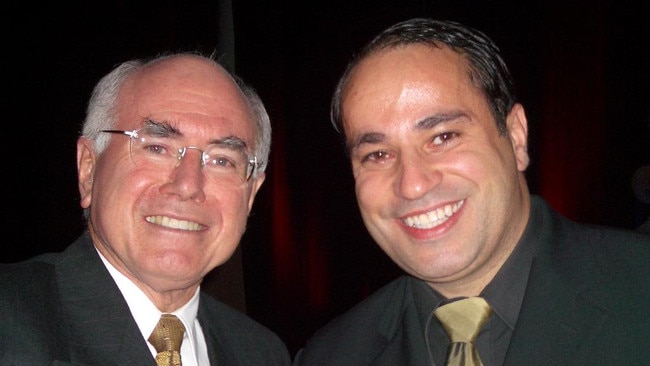
LISTEN TO OUR TWISTED MINDS PODCAST BELOW:
Decked out in his suit, de Angelis entered her office with all the charm in the world, and delivered his best performance of a person with schizophrenia.
“He was very charming. You know, your typical narcissist that is very charming and wants to get you on side and wants to get your sympathy,” Dr Pulman tells the Twisted Minds podcast.
“He came in and said a few things that he thought somebody who was alleging to have this illness would say. He looked at my computer and said, ‘oh, there’s not a camera in there, is there? Am I being recorded? I’ve got equipment with me that detects whether or not I’m being recorded in this room.’
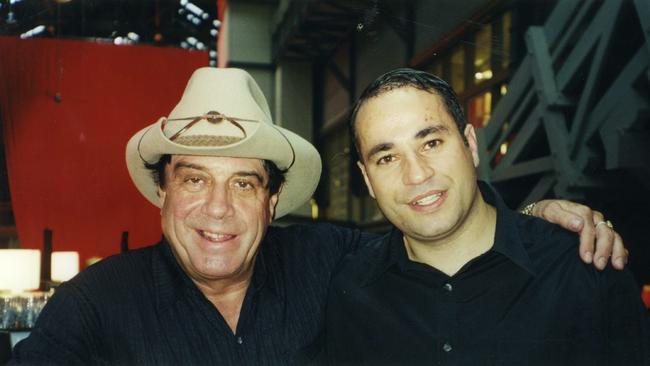
“So he was saying things that would seem like paranoia. And he’d say things like, ‘I’m worried I’m being followed.’”
Dr Pulman was sceptical. She’d seen authentic presentations of schizophrenic paranoia before and this wasn’t it.
His thought processes too crystal clear, his speech too orderly.
“I don’t know how to put my finger on it but it was a gut feeling I had during the interview that he wasn’t genuine,” she said.
Dr Pulman began to test de Angelis using neuropsychology techniques.
“We know what a profile should look like to be consistent with an illness because we know the neuroanatomy behind the conditions but it was overwhelming that none of the tests we use to assess symptom validity, he passed.”
De Angelis told Dr Pulman a long and detailed sob story of his childhood adoption, abusive upbringing, a cruel prostitute mother, the torment of his visual and auditory hallucinations.
“A lot of individuals with a traumatic background go on to develop a mental illness, that’s not unusual, but it was like he prepared what he wanted to say to me.
“He’d say, ‘I think that’s probably why I started hearing voices.’

“What made me suspicious was there was no records of anything from the period when he was about ten or eleven, when he said he’d indicated that he’d first heard voices and started seeing things,” Dr Pulman said.
Hallucinations that seemed to miraculously disappear for decades until he was charged with multiple frauds.
“As it turns out, some of the letters he had from hospitals had been fraudulently signed with doctors’ names, he’d manufactured medical certificates to say he had this particular illness,” she said.
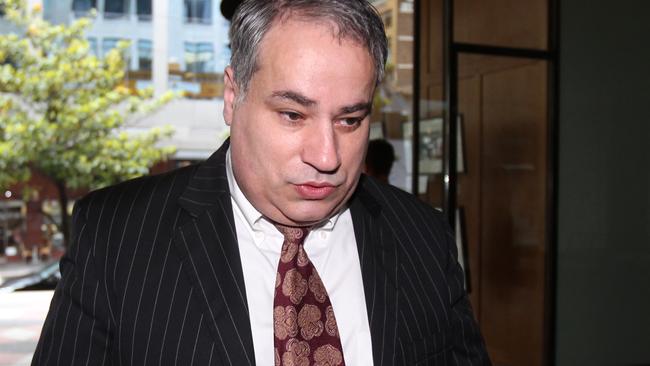
“Also, his fraud scheme was elaborately planned … someone with a genuine psychotic illness such as he was claiming he had, we know psychosis can affect your planning.”
When Dr Pulman later testified in court that she believed De Angelis was fit for trial, his presentation of psychotic mental illness was fraudulent and his behaviour could more likely be explained by narcissistic personality disorder, she can still recall how quickly his ‘Mr Charming’ act was swapped for intense, threatening anger.
“I can remember clearly walking out of the District Court and the death look he gave me. You know, the real person came out and I thought, ‘I’ve done my job’.”


